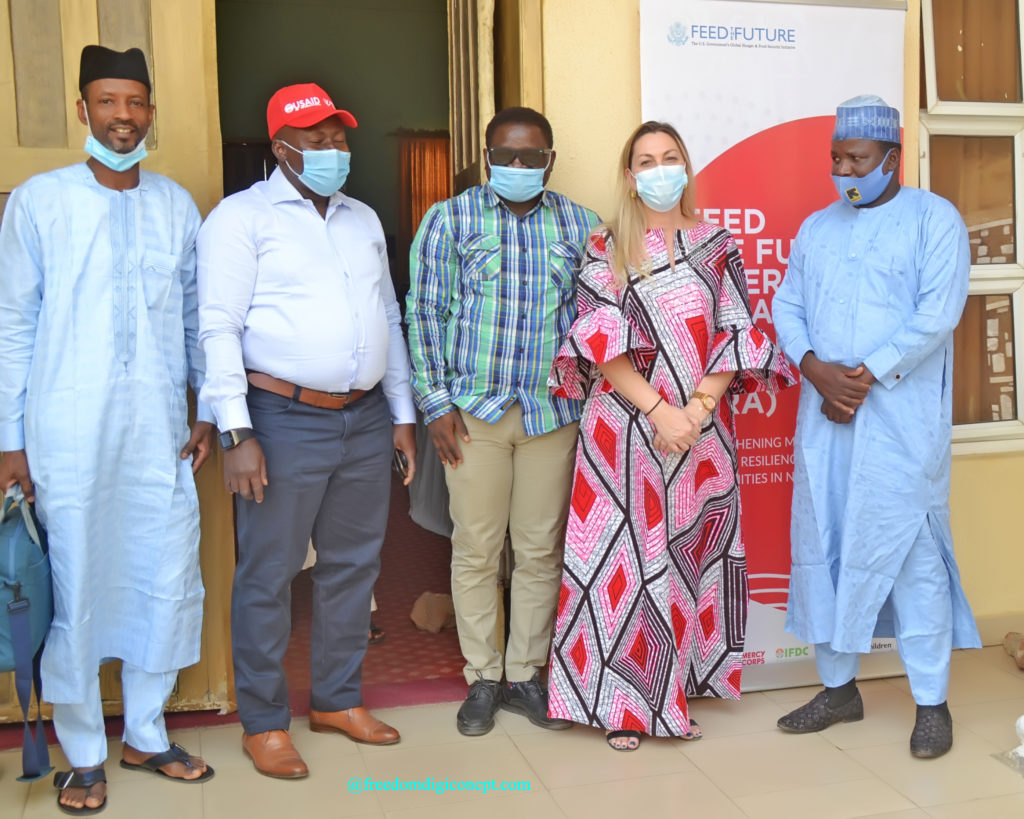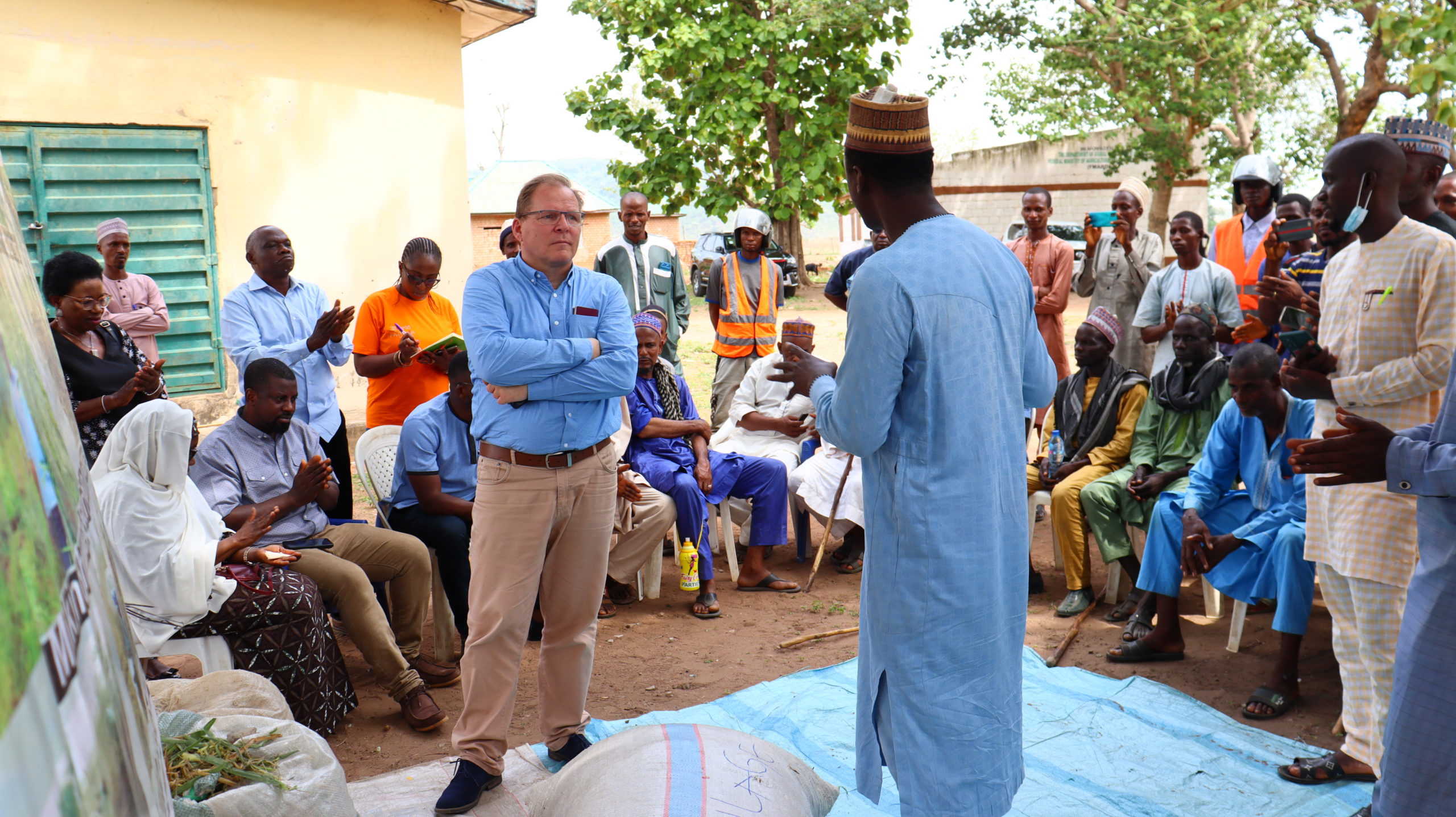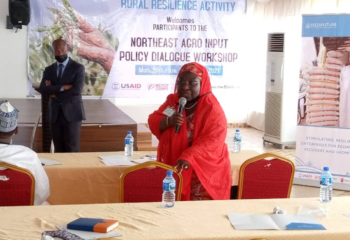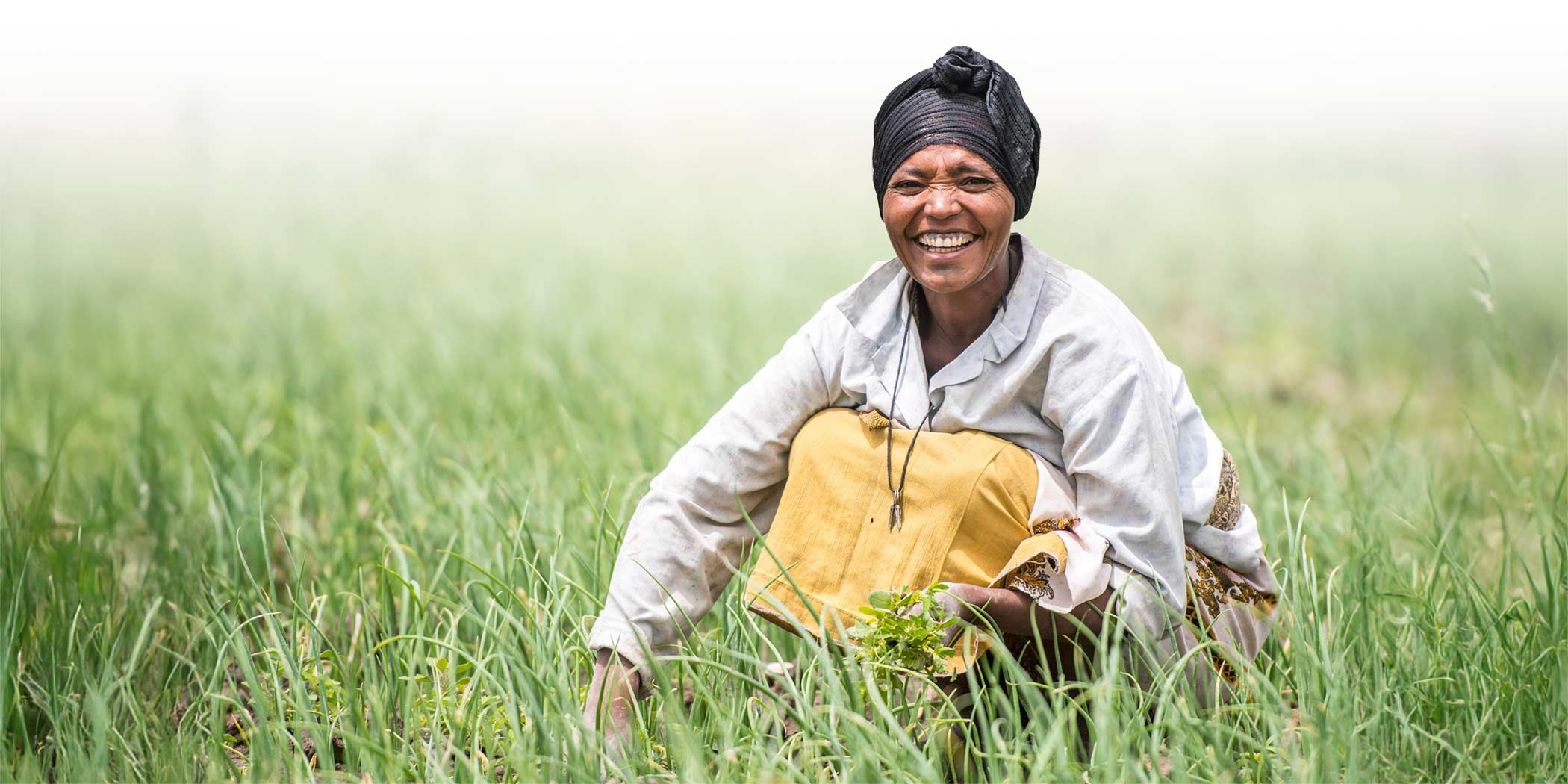
The Feed the Future Nigeria Rural Resilience Activity was a five year (2019-2024) project funded by Feed the Future. IFDC is a member of an Activity Consortium led by Mercy Corps, which also included Save the Children International.
The Feed the Future Nigeria Rural Resilience Activity sought to lift 90,000 households out of chronic vulnerabilities and poverty.
The Activity facilitated economic recovery and growth in vulnerable, conflict-affected areas by promoting systemic change in market systems. IFDC was championing interventions aimed at improving farm practices for increased productivity and incomes for farmers through engagement with value chain actors, public/private extension service providers, input network actors, and others by ensuring appropriate technologies and practices are mainstreamed into the primary activities of the respective partners/stakeholders.
Results
2024
- Facilitated economic recovery and growth in conflict-affected areas by promoting systemic change in market systems.
- Championed interventions aimed at improving farm practices to increase productivity and incomes for farmers.
- Engaged value chain actors, public and private extension service providers, and others to ensure appropriate technologies and practices were mainstreamed.
2023
- Mobilized and assessed 1,000 producer organizations across Gombe, Adamawa, Borno, and Yobe states.
- Trained 9,553 smallholder farmers (52% women) on business plan development, good agricultural practices, post-harvest handling, and mechanization services.
- Trained 1,017 farmers (359 women) from a cluster of 35 farmer groups on climate-smart agricultural practices and pre-installation, installation, and maintenance of solar-powered irrigation systems.
- Distributed 105 solar-powered irrigation systems across 35 farmer groups to promote climate-smart irrigation practices.
- Established 208 community-based agricultural training centers with demonstration plots for effective adoption and diffusion of improved agronomic practices for 11,128 smallholder farmers (6,343 women).
- Facilitated the deployment of 13 tractors to promote mechanization, and 263 farmers used them to prepare 271.44 hectares of land for planting.
- Created 182 jobs for participants serving as extension agents or private service providers.
2022
- Mobilized and assessed 1,000 producer organizations across Gombe, Adamawa, Borno, and Yobe states.
- Trained 9,553 smallholder farmers (52% female) on business plan development, good agricultural practices, post-harvest handling, and mechanization services.
- Extension agents established 208 community-based Agricultural Training Centers with demonstration plots for the effective adoption and diffusion of improved agronomic practices, reaching 11,128 smallholder farmers (6,343 female and 4,785 male) through this engagement.
- Facilitated the deployment of 13 tractors to promote mechanization, and 263 farmers used the tractors to prepare 271.44 ha of land for planting.
- Created a total of 182 jobs for participants serving as extension agents or private service providers.
2021
- Successfully established 385 demonstration plots to promote the adoption of good agronomic practices and trained 23,450 smallholder farmers in Gombe, Adamawa, Borno, and Yobe states on enhanced productivity.
- Supported over 15,000 smallholder farmers in the Sahel, Sudan, and Guinea Savannah agro-ecologies to increase their yields in rice, cowpea, maize, and groundnut from the average 1.80 mt/ha to about 2.35 mt/ha.
- Held the North-East Agro-Input Policy Dialogue and successfully established the North-East Input Resilience Network, responsible for the promotion of agro-input policy and investment.
- Trained 50 agrochemical safety ambassadors to serve as private service providers and campaign for the safe use of agrochemicals.
- Supported smallholder farmers, women-led farmer associations, and Arewa Young Women Graduates to form or transition into 100 producer organizations, and built their institutional capacity around group dynamics, leadership, and marketing for rural transformation.
2020
- IFDC supported the COVID-19 Rapid Assessment, conducted scoping studies that shaped the interventions, contributed to the evidence-based value chain selections and Agricultural Input Access Strategies and Extension Content workshops, and developed extension communication materials covering the maize, rice, cowpea, and groundnut value chains. Capacity building for agro-dealers, extension officers, and lead farmers on safer use of agrochemicals was conducted and five Memoranda of Understanding were signed, which will contribute to strengthening the resilience of the market actors to sustainably lift over 90,000 households out of chronic vulnerabilities and poverty.



